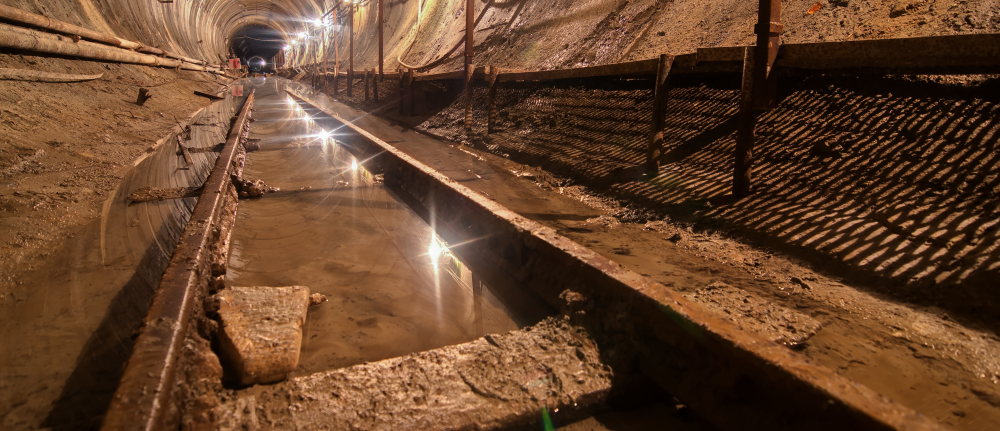
Driverless taxis will make investments in public transport a waste of money
March 1, 2017
Autonomous cars and driverless taxis will bring about major socio-economic changes. Jobs will be lost, the housing market will be radically transformed and some industries will be significantly reduced or disappear entirely.
Urban life will quickly change once autonomous cars begin appearing on our streets. That future is not far away. Tesla has had cars capable of self-driving on country roads and motorways for the last two years. Version two is due out during 2017 and will likely be autonomous enough to operate as a driverless city taxi.
Traditional taxi firms and app companies, such as Uber, Chinese Didi and Google, will flock to autonomous cars. Some car manufacturers, Tesla and GM for example, have already said they will start their own taxi services. While taxi fares remain at current levels, the annual profit per driverless taxi could potentially be more than 50.000 USD over those requiring a driver.
Private car owners will also have the option to take advantage of their autonomous cars. Just imagine arriving at work and, instead of parking your Tesla in the garage, you tell the Tesla app that your car is available as a driverless taxi, say until 16:30 when it should return to pick you up. You could earn hundreds of dollars every day you decide to do this, a temptation hard to resist for many car owners. You could earn as much from your car as you do from your job.
When most taxis in a city are driverless, taxi fares will fall to a small fraction of what they are today. As fares decrease, private car owners will leave their car at home more often or get rid of their cars entirely. When the number of kilometers driven with fossil fuel cars decreases, petrol stations will begin to suffer. Just two or three years after driverless taxis appear, at least half of the existing petrol stations will be gone. The secondhand market for non-autonomous or fossil fuel cars will crash. Taxi drivers will lose their jobs. The number of jobs in the car maintenance and repair industry will decline as electric cars have much fewer moving parts that will break.
Car insurance, emergency services and traffic related healthcare needs will slowly decline as less and less traffic accidents happen.
Traffic police will be less and less needed.
Most parking spaces in city centers and around malls will be reclaimed for other purposes; likely for parks, recreation, and more apartments.
Rental car usage will decline dramatically. The actual rental will be through the app companies, and not through the old rental companies.
The housing market will be affected. With autonomous private cars and driverless taxis, we will gladly commute twice as far as we do today. Property prices in the outer suburbs will rise and pressure on city centres will be relieved.
Public transport will be used a lot less as driverless taxis take you door to door and taxi fares will fall well below the cost of bus, tram and underground tickets.
Any further investments in public transport are likely to be wasted money.